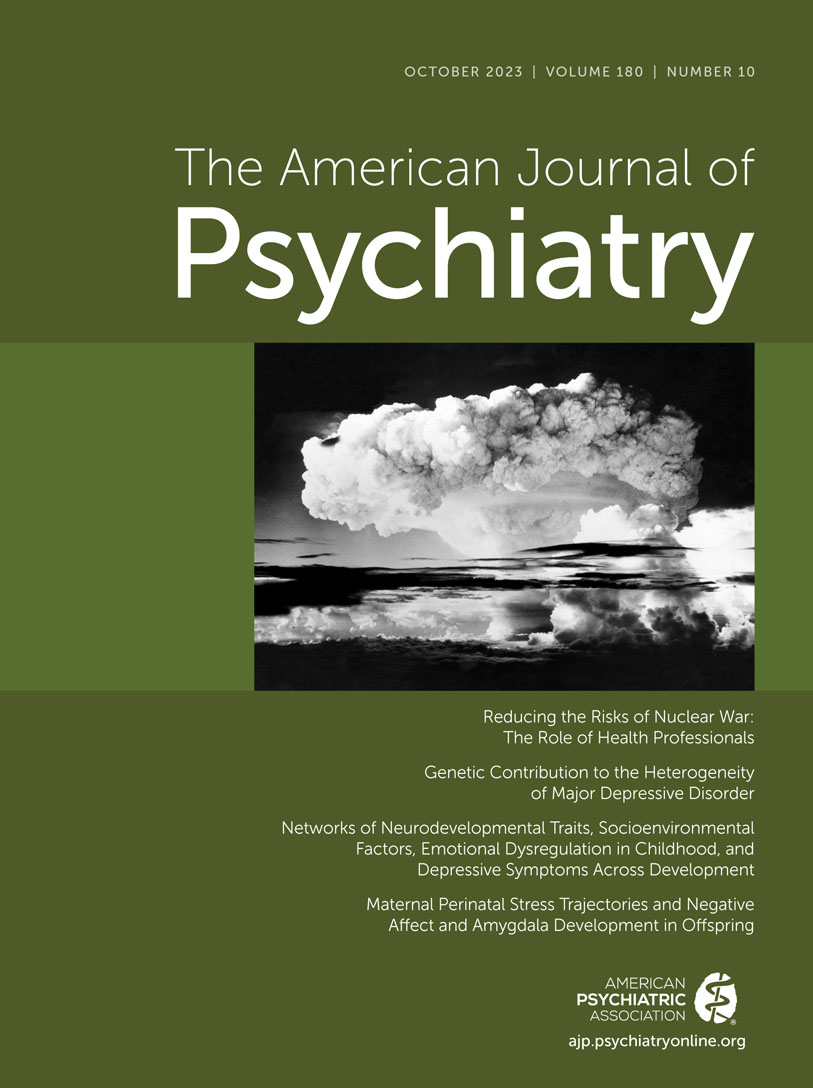Maternal Perinatal Stress Trajectories and Negative Affect and Amygdala Development in Offspring
Abstract
Objective:
Maternal psychological stress during pregnancy is a common risk factor for psychiatric disorders in offspring, but little is known about how heterogeneity of stress trajectories during pregnancy affect brain systems and behavioral phenotypes in infancy. This study was designed to address this gap in knowledge.
Methods:
Maternal anxiety, stress, and depression were assessed at multiple time points during pregnancy in two independent low-risk mother-infant cohorts (N=115 and N=2,156). Trajectories in maternal stress levels in relation to infant negative affect were examined in both cohorts. Neonatal amygdala resting-state functional connectivity MRI was examined in a subset of one cohort (N=60) to explore the potential relationship between maternal stress trajectories and brain systems in infants relevant to negative affect.
Results:
Four distinct trajectory clusters, characterized by changing patterns of stress over time, and two magnitude clusters, characterized by severity of stress, were identified in the original mother-infant cohort (N=115). The magnitude clusters were not associated with infant outcomes. The trajectory characterized by increasing stress in late pregnancy was associated with blunted development of infant negative affect. This relationship was replicated in the second, larger cohort (N=2,156). In addition, the trajectories that included increasing or peak maternal stress in late pregnancy were related to stronger neonatal amygdala functional connectivity to the anterior insula and the ventromedial prefrontal cortex in the exploratory analysis.
Conclusions:
The trajectory of maternal stress appears to be important for offspring brain and behavioral development. Understanding heterogeneity in trajectories of maternal stress and their influence on infant brain and behavioral development is critical to developing targeted interventions.
Access content
To read the fulltext, please use one of the options below to sign in or purchase access.- Personal login
- Institutional Login
- Sign in via OpenAthens
- Register for access
-
Please login/register if you wish to pair your device and check access availability.
Not a subscriber?
PsychiatryOnline subscription options offer access to the DSM-5 library, books, journals, CME, and patient resources. This all-in-one virtual library provides psychiatrists and mental health professionals with key resources for diagnosis, treatment, research, and professional development.
Need more help? PsychiatryOnline Customer Service may be reached by emailing [email protected] or by calling 800-368-5777 (in the U.S.) or 703-907-7322 (outside the U.S.).



